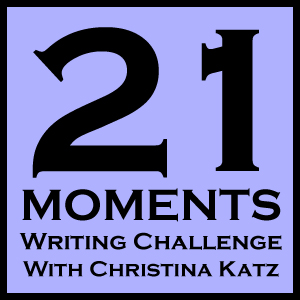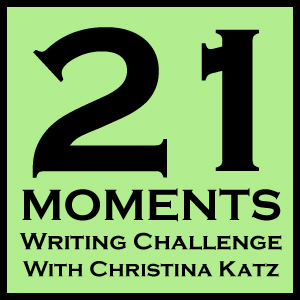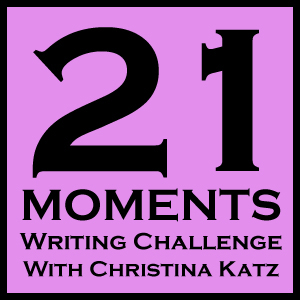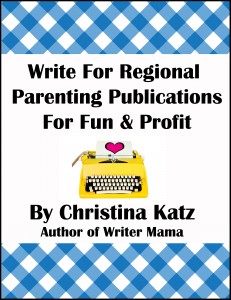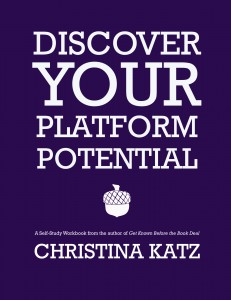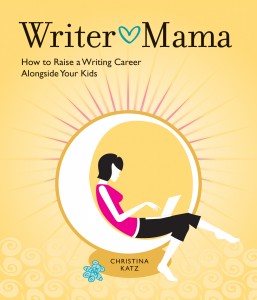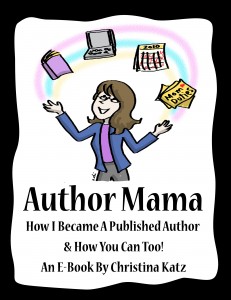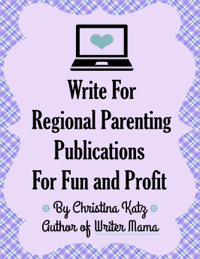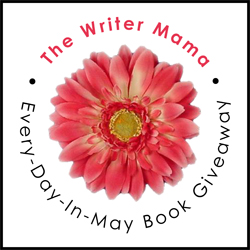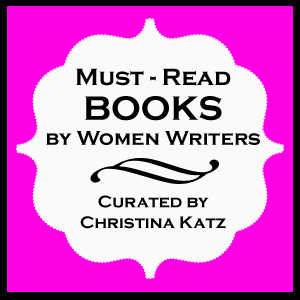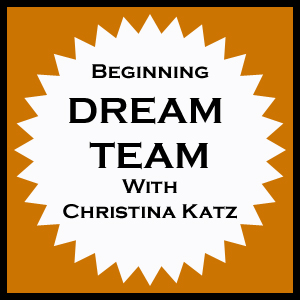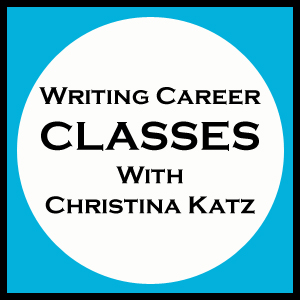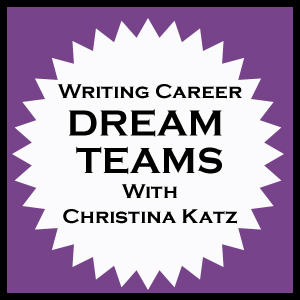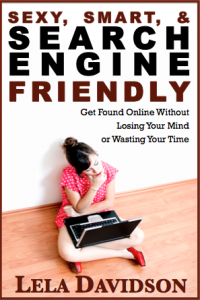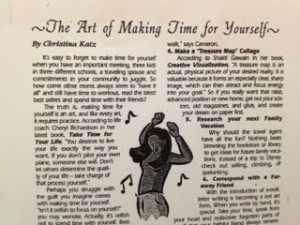
Like Greenwich Mean Time, Jane Friedman is typically right.
I love Jane Friedman. She is a friend of mine. So the title of this post is mainly to provoke gasps of horror from her many loyal fans.
Did it work?
I am joking, of course, because Jane Friedman is rarely wrong about anything…and she’s not really wrong this time, either.
However much I love and respect Jane, I disagree in spirit, though not in theory, with her latest blog post over at Writer Unboxed, where she discusses the value vs. the distraction of platform building.
The reason is because writers are going to take what she is saying the wrong way.
She states:
If you’re a totally new, unpublished writer who is focused on fiction, memoir, poetry, or any type of narrative-driven work, forget you ever heard the word platform. I think it’s causing more damage than good. It’s causing writers to do things that they dislike (even hate), and that are unnatural for them at an early stage of their careers. They’re confused, for good reason, and platform building grows into a raging distraction from the work at hand—the writing.
I partially disagree with this statement, but not entirely. In my latest book, The Writer’s Workout, I state that writing always goes at the center of your writing career.
After all, you can’t have a writing career without writing, right?
Writers need to remind ourselves of this important career emphasis over and over and over, because we often prefer having written already over having more to write.
Bottom line, if you are not writing, then you likely do not have a writing career. Therefore, in this sense, Jane is absolutely right.
If you are not already writing, forget platform because there is no point in building one. You cannot describe what does not already exist. If you want a writing career, you need to write, first and foremost.
And believe you-me, there are plenty of writers, who would like to have the results of veteran writers after dabbling with their own writing for about oh, a year or two. But this idea that we get to write a little and then achieve enormous results for our meager efforts, is naive—and no amount of platform development is going to change that.
In other words, where you stand professionally in the vast scheme of writing and publishing is likely apparent to everyone, certainly it is apparent to everyone in the industry.
So be honest, are you planning to stick around or not? If publishing success is supposed to deliver you from your everyday existence to some imagined fantasy of fame, you don’t have to give up trying to get published, but you do need to give up that particular fantasy or you will suffer for it.
You are either in the writing and publishing game for the long haul, because you are here to become a total pro, or you are just visiting. If you are just visiting, you are probably going to quit if you don’t get huge results from your first efforts.
However, if you are in for the long haul, then you will need a platform, and I can tell you when it makes the most sense to start building one…in just a sec.
But first, in the same post, Jane further states:
Therefore, build your platform by writing and publishing in outlets that are a good fit for you, lead to professional growth, and build your network. The other pieces will start to fall into place. It might take longer, but who cares if you’re feeling productive and enjoying yourself? Go be a writer and take a chance on the writing. Writing and publishing good work always supports the growth of your platform—and I’m willing to bet more valuable platform building will get done that way, especially for narrative-driven writers.
Well, this sure sounds to me like put your writing at the center of your writing career. But it also points out something obvious that writers typically forget: publication credits are part of your platform development. So writing is not only your primary business, it also builds your platform.
So all of the writing you do in your targeted genres and niches are wins for your platform and your career in both the short and long runs. In The Writer’s Workout I discuss how this all adds up to a writer’s body of work and what a writer can do to leverage that body of work. Writing careers are complicated today and so much of success has to do with synergizing and leveraging all of the hard work you have already done.
So again, Jane and I agree. And at some point, my dear writer, after you have published enough work, and certainly, if you are considering approaching agents and editors, then you will need to have a platform to evidence your track record and professionalism for the rest of the world. Otherwise, you are the only one who knows the full scope of it.
And if you have not yet built a platform, or at least done the prep work, you are going to be pretty stumped when the agent sitting across from you at your next writing conference says to you, “What’s your platform?” Because if you haven’t done your platform due diligence, you are not going to know the answers to that question. And the agent is going to take you more seriously if you have a realistic idea of your place in the publishing universe.
Did you notice the use of the word “realistic” in that last sentence?
Just checking.
In The Writer’s Workout, I put platform development into its appropriate timing for writers. The appropriate time is whenever is most appropriate for the writer’s professional advancement. The appropriate way is whatever ways works best for the writer and the writer’s professional career advancement.
Here’s a bit of what I said on this topic from The Writer’s Workout (emphasis added):
Writers seem willing to acknowledge that nonfiction writers need platforms, but the debate on whether fiction writers, memoir writers, and children’s writers need one rages on.
I can clear this up. Every writer who plans to publish or be published needs a platform. It doesn’t matter what you write. As with most things, the sooner you get started, the better because platforms take time to establish, cultivate, and build. No exceptions.
Understand that platform applies to every kind of writer. Don’t get platform confused with what you’d like it to mean. There is a lot of misinformation and quibbling about what platform is and isn’t and whether or not writers need to work on building one and when. Blah, blah, blah, blah, blah … in all the time spent debating, a writer could have built her first platform.
To clarify, debating about whether or not you need a platform should not be confused with actually taking concrete steps toward building one. Get out of the debate club and get into the platform-building club. Take a no-whining oath and get to work building a productive platform that offers folks the value only you can offer.
Clear enough? I think so.
Common wisdom says that if you know yourself well enough, you can understand the whole world. This very much applies to writers and platform development. Know who you are and what you have to offer and you will not only understand yourself, you will also better understand your place in the real world and the publishing world.
Here are a few more things writers need to understand about platform that might get them going sooner, rather than later in working on their platforms, also from The Writer’s Workout (emphasis added):
Platform is not a one-time event; it’s an ongoing part of your process as a creative professional. Think of your physical platform (website, blog, social media profiles) as the hardware of the [platform] dynamic you express in the world and think of your platform activities as the software (classes, presentations, articles) of your [platform] dynamic.
A lot of writers hire out their platform work so they can focus their efforts on writing and other priorities. I can respect that if you have so much writing work that it keeps you busy and paid full-time. But if you don’t, you’ll probably want to do things yourself, even while you partner with others. And a hands-on approach is a good idea because then you not only steer your own ship and stay abreast of all of the possibilities, you also stay in close touch with your audience. Your platform is not divorced from your creativity; it is part and parcel your professional portfolio. That’s the last job you want to hire out.
Get it?
Just like your writing is not separate from your platform, your platform is not separate from your creative process. Once you have built and start using a solid, authentic platform in your career, you will intuitively get this. Translated for me personally this means, I would be no where in my writing career, if I had not started platform building very early on and stuck with it consistently.
So finally, after a very long post, here are a few signs that it may be time to start thinking seriously about platform development, no matter what kind of writer you are:
- You have a body of work you are ready to share
- You want to share what you have to offer and connect with folks who are looking for it
- You want to better understand who you are as a writer and what more you have to offer
- You want to find your unique strengths in informing, educating, and inspiring readers by doing it
- You want to leave a trail of breadcrumbs so that folks, who might be interested in you and what you write, can find you
- You are feeling frustrated, cut-off, or too limited in the writing that you have been doing and you want to open your career up to more possibilities
- You are done dabbling and you are ready to take yourself more seriously and therefore more professionally
- You understand that a writer’s platform is a journey, not an event, and you are ready to embark on the process
- You want to start an international dialogue about something you are passionate about
- You have creative potential and you are ready to plant the seeds of it in solid ground, so your potential can grow and thrive and eventually become as big as it is meant to be
So long story short, Jane is right. But her conclusion is kind of wrong in my book (literally). And what writers might take from what she said, could be totally off base.
Writing is not only a crucial part of your platform, writing is at the center of your career. And whether you intend to self-publish or traditionally publish or both (also discussed in The Writer’s Workout), you need a platform as much as you need a home to write in.
Writing comes through the minds of writers, but eventually our brainchildren need to grow up and leave home and enter the world. And the place where they go to live, beyond the shelter of your loving attention, is not just to the bookstore, it’s initially to your writer platform. Your platform will become the place, if it has not already, where the best of what you have to offer goes to interface with the world, so it can grow ever larger and make whatever impact it is meant to make with all of the other minds on the planet…whether it ever hits the bookstore or not.
I am the author of Get Known Before The Book Deal (book 2008 Writer’s Digest Books), Discover Your Platform Potential (e-book 2011), Discover Your Specialty & Launch Your Platform (e-mail class since 2007), and most recently The Writer’s Workout (book 2011 Writer’s Digest Books).
 Are you a mom, and you would love to take the Writing and Publishing the Short Stuff Class that starts May 1st, but you would not otherwise be able to afford it?
Are you a mom, and you would love to take the Writing and Publishing the Short Stuff Class that starts May 1st, but you would not otherwise be able to afford it?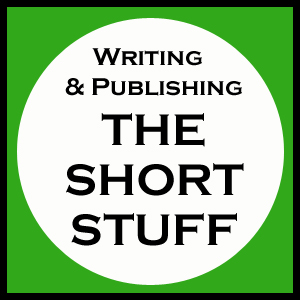 Please do not apply if you cannot make the commitment to participate in the class, which involves reading the weekly workbook, completing your assignments, and learning from your classmates work. (To learn about what you will get out of the class, please read the full class description.)
Please do not apply if you cannot make the commitment to participate in the class, which involves reading the weekly workbook, completing your assignments, and learning from your classmates work. (To learn about what you will get out of the class, please read the full class description.)